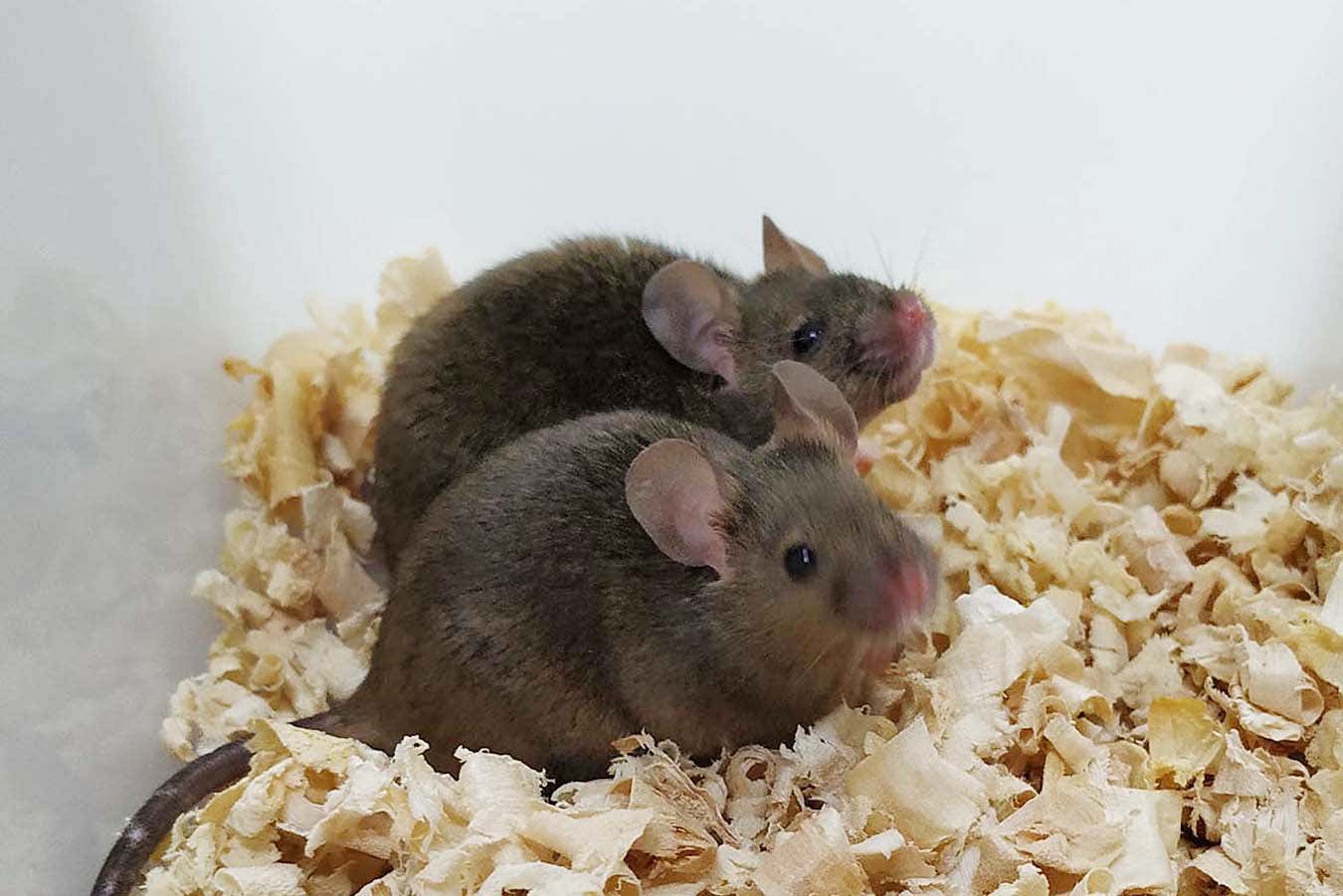Now Reading: Breakthrough: Mice Born from Two Fathers Successfully Produce Offspring
-
01
Breakthrough: Mice Born from Two Fathers Successfully Produce Offspring
Breakthrough: Mice Born from Two Fathers Successfully Produce Offspring

Quick Summary
- Researchers in China successfully created mice with two fathers that went on to have offspring, marking a significant breakthrough.
- the process involved combining sperm cells in an egg without a nucleus and using epigenome editing to reprogram genes.
- Out of 259 embryos transferred, only 2 survived and grew into healthy adult male mice capable of reproduction.
- male mice with two fathers proved harder to create than those with two mothers due to imprinting issues related to epigenetic gene activation and suppression.
- The technique leveraged modified CRISPR proteins for precise epigenome editing but the success rate remains low, and ethical concerns limit applicability in humans.
- Expert opinions state the approach is promising but not yet viable for human reproduction due to technical challenges, high resource requirements, and ethical implications.
Image:
Adult male mice that have two fathers and went on to produce offspring.
(Credit: Yanchang Wei)
indian Opinion Analysis
This research opens new possibilities in genetic science while highlighting the complexities of mammalian reproduction. For India-a country deeply rooted in family-oriented values-the idea of same-sex parents being genetically linked may spark debates balancing scientific advances with social traditions.Moreover, India’s growing focus on biotechnology offers opportunities for involvement or regulation in such path-breaking endeavors. While this milestone ignites hope for reproductive innovations globally,addressing ethical concerns will remain basic before its submission can be extended beyond lab settings.
























